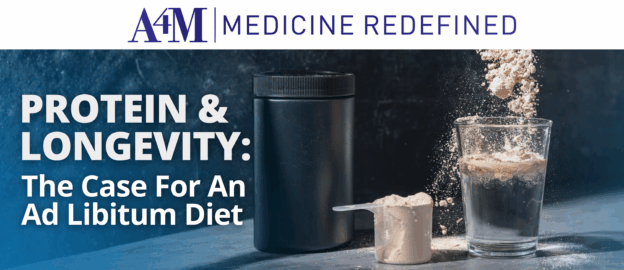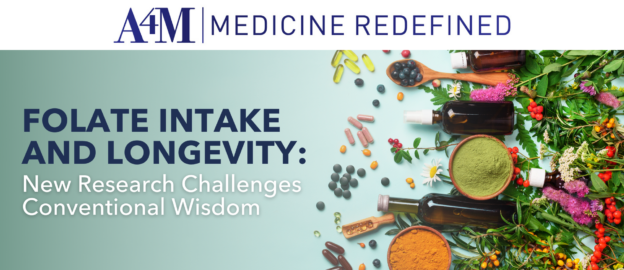The concept of eating for longevity has been around for thousands of years — it was, after all, Hippocrates who advised “Let food be thy medicine” back in the fourth century BCE. Modern health and aging experts agree with the Father of Medicine, but have differing ideas about the kind of diet that provides optimum lifespan benefits. Now that a new study published in Aging Cell shows lifespan benefits associated with an ad libitum diet, some experts may be rethinking their dietary recommendations.
The study found that high-protein, low-carbohydrate diets were associated with an increased risk of disease and mortality in rodent models, suggesting that a more comprehensive evaluation of such regimens should be undertaken. In terms of eating to influence health and lifespan, the study concluded that a low-protein, high-carbohydrate (LPHC) diet, diluted 25% with non-digestible fiber, could be an effective way to improve both health parameters and lifespan.


